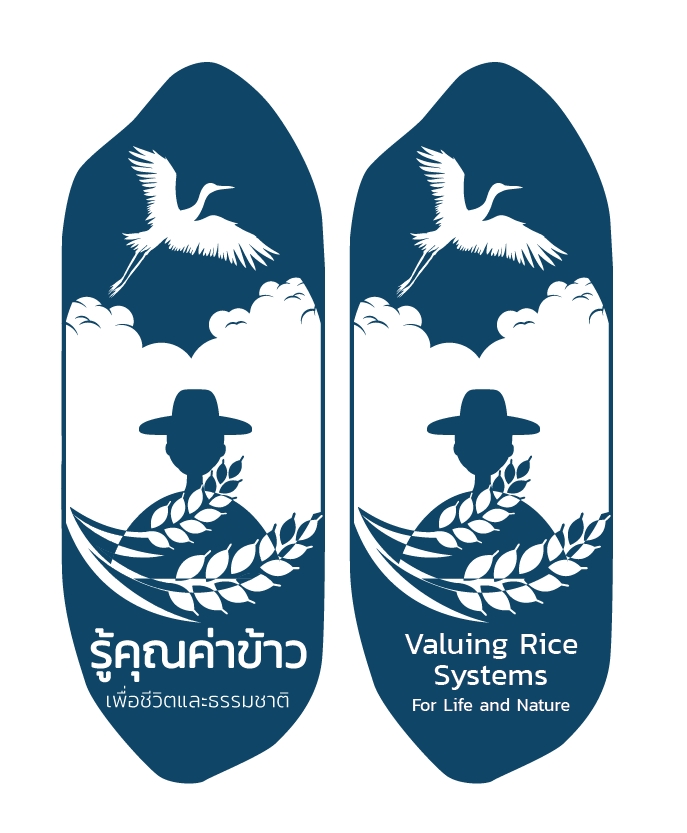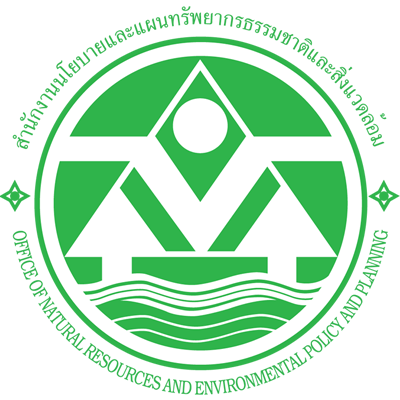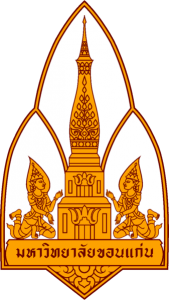
Picture1
Latest updates
- September 2022 – Revised scoping and methodology reports submitted. Field work questionnaire developed. Field work begins in Northeastern provinces (Khon Kaen, Nakhon Ratchasima)
- June 2022 – Steering Committee meeting held, discussing and approving scope of analysis, and revised membership including Ministry of Finance and Ministry of Public Health.
- May 2022 – National workshop held outlining the analysis and seeking perspectives from participants from government, business sector, and academics
- March 2022 - draft scoping report submitted, outlining the key components of the research including a report on stakeholder consultation, literature review of the Thai commercial rice sector identifying visible and invisible components of the economy, an integrated policy analysis.
- November 2021 – Virtual TEEBAgriFood for Business Roundtable was held in collaboration with various Thai organizations, attended by 40 participants from various stakeholder groups. A panel discussion “The importance of food system transformation through business action in Thailand” was followed by a presentation on the TEEBAgriFood Operational Guidelines for Business.
- November 2021 - Consultations with ONEP, the Ministry of Environment and Natural Resources
- June 2021 - Consultations with the Bureau of Foreign Agricultural Affairs, Ministry of Agriculture and Cooperatives in response to the UN Food Systems Summit.
- August 2021 - Trade and value chain analyses and updated policy analysis were prepared including a summary of data on rice export markets and studies using Life Cycle analysis to calculate the impact of rice on emissions.
- August and October 2021 - Consultations with farmers, millers, and local government stakeholders.
- May 2021 - Agreement with Economics Faculty, Khon Kaen University to develop the methodological framework for assessment.
- June 2020 - Proposals sought from various national and international research institutions to undertake analytical and policy engagement work of the project.
- May 2020 - Concept note developed outlining potential scope and modalities for the project.
- April 2020 - Stakeholder discussions held, including with the Sustainable Rice Platform (SRP), a global multi-stakeholder alliance, on the alignment of SRP Standards and Performance Indicators with protection of biodiversity and ecosystem services.
Scope of work
- TEEBAgriFood assessment of commercial rice sector, directly engaging the agri-business sector in Thailand who are receptive to looking at dependencies and impacts on biodiversity and ecosystem services (and influencing Key Performance Indicators). This analysis focuses on the production practices that adhere to the standards and indicators of the Sustainable Rice Platform (SRP).
- Geographical scope of research will be on the northeast and central regions of Thailand, representing approximately 80% of the rice area of Thailand, with field studies in areas where the adoption of the SRP Standard is being piloted.
- Mainstream findings into the training activities and materials of the government’s agricultural extension services.
Publications and resources
- TEEBAgriFood initiative Thailand Policy Brief (English) - (Thai version)
- Project Outline with Scope and Methodology (October 2022)
- Project outline 2021
- Briefing note on ecosystem services and biodiversity (English)
- Briefing note on ecosystem services and biodiversity (Thai)
- Presentation national workshop
- Private sector engagement Training brochure
- Concept note (June 2020)
Engaging agri-business
The TEEBAgriFood for business project seeks to support private sector actors to understand the complex ways in which their success depends and impacts on the health of ecosystems, and provide a clear business case for investing in environmental protection and restoration.
Country-level activities
The Capitals Coalition, in collaboration with UNEP and the partners of the TEEBAgriFood initiative, have developed guidance for agri-business (also available in Thai language), a capacity-building programme (bilingual) and are building a network of forward-thinking organizations in partner countries. Read more
TEEBAgriFood for Business training programme in Thailand started on 31 March 2022. The training is conducted by the Capitals Coalition in collaboration with Scholars of Sustenance Thailand, UNDP Thailand, the Global Compact Network Thailand, and Global Food partners. The training program has been split into five sessions so far (March to September) taking businesses step by step through the processes of measuring and valuing their business’ impacts and dependencies on natural, social and human capitals. Interested businesses still can catch up with recordings of previous sessions available below. A TEEBAgriFood training Thailand group community page is available for registered participants.
Businesses are currently also being offered additional one-to-one advice on carrying out a capitals assessment.
NEWS: Join us for the final in-person event in Thailand in April/May 2023, where participating companies can present their business cases to a larger network of stakeholders. Details to follow.
Events and meetings
- TEEBAgriFood Thailand National workshop, Bangkok, November 2023
- Input to regional dialogue on mainstreaming biodiversity in agriculture (hosted by Ministry of Agriculture and Cooperatives, Thailand, 14 Nov 2022)
- TEEBAgriFood Thailand National workshop, Bangkok, May 2022
- TEEBAgriFood Asia, Africa, Europe Regional Symposium, June 2022 (virtual)
- TEEBAgriFood Thailand Business Roundtable, November 2021
- TEEBAgriFood Thailand Business Training sessions :
- Session 1 – March 2022 - Why is a capitals assessment relevant to my business? TEEBAgriFood for business project, Operational Guidelines for Business: Frame Stage
- Session 2 – April 2022 - What is an appropriate objective for my capitals assessment? Global context of TEEBAgriFood for business, Operational Guidelines: Scope Stage
- Session 3 – May 2022 - How to start process of measuring the capitals? The TEEBAgriFood for business project, Operational Guidelines: Measure & Value Stage
- Session 4 – June 2022 - How to progress from measurement to valuation of capitals? Share progress with peers, from measurement to valuation of impacts and dependencies
- Session 5 – September 2022 - What are my policy asks and how to apply my assessment? Workshop on informing policy and learn how to apply the results of your assessment.
- Training Program for Business in Thailand
- Inception meeting (Bangkok, June 2019)
- TEEBAgriFood Global Symposium (Nairobi, February 2019)
Media
- Video interview (Thai) with Dr. Phirun Saiyasitpanich, Secretary General, Office of Natural Resources and Environmental Policy and Planning (ONEP), Ministry of Natural Resources and Environment (MoNRE)
- Video : national workshop presentation
- Video 1: การวัดว่าอะไรสำคัญของการปลูกข้าวในประเทศไทย : Project concept and introduction (Thai with Eng subtitles)
- Video 2: ผลลัพธ์งานวิจัย โครงการรู้คุณค่าข้าวเพื่อชีวิตและธรรมชาติ : Research results (Thai only)
- Video 3: มุมมองการให้คุณค่ากับธรรมชาติ เพื่อใช้เป็นกลยุทธ์ขับเคลื่อนนโยบายประเทศไทย : ONEP perspective (Thai with Eng subtitles)
- Video 4: ผลลัพธ์งานวิจัย Animation (Thai with Eng subtitles)
- Video 5: ภาพรวมโครงการรู้คุณค่าข้าว เพื่อชีวิตและธรรมชาติ : Project overview with research team perspectives (Thai with Eng subtitles)
- Infographic 1: What are the true benefits and costs of rice production? (Thai) (Eng)
- Infographic 2: Research results (Thai) (Eng)
- Infographic 3: Research findings and recommendations (Thai) (Eng)

Status: Ongoing
Host Ministry:

Office of Natural Resources and Environmental Policy and Planning (ONEP) in the Ministry of Natural Resources and Environment
Research institution:

Economics Faculty, Khon Kaen University
Other partners:
- Sustainable Rice Platform
- German Agency for International Cooperation (GIZ)
- International Rice Research Institute
- Ministry of Agriculture and Cooperatives (Rice Department)
- Ministry of Public Health
- Ministry of Finance
- National Economic and Social Development Board
This project will build upon and complement work undertaken as part of the German IKI-funded TEEBAgriFood project in Thailand.

